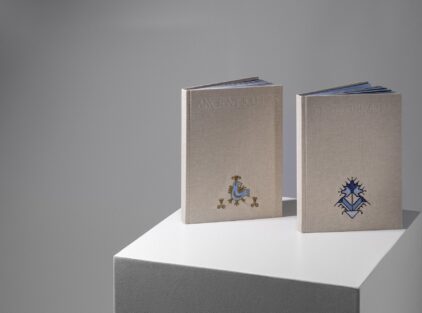By Christos Zampounis
We used to send telegrams. By the way, I want to protest to the administration of OTE for abolishing the most chic way of communication, along with, of course, sending a handwritten letter.
Hmm, for those who are quick to talk about anachronism I would argue that it is a matter of choice and style. The most direct way left to communicate in the 21st century, let’s face it, is the phone call. With Alfred Douglas Bell’s invention we have the ability to wish for life and function on one of the five human senses. In other words, to convey our love and enthusiasm for their name day or his birthday so that our interlocutor hears us.
In the next category comes text messages via mobile phone or computer. If they are not typical and repetitive, they have their value. The other day, a friend of mine asked me how to wish the 48 Nikos he had in his contacts, apart from the Nikos and Nicolettes he hadn’t looked for yet. I told him to submit himself to a test. To turn off his cell phone and recall from his memory all the Nikolaos and Nicolettes that come to mind. Then, only to them
them to write a personalized message that says: “This year I decided to make a wish without consulting my cell phone. You are one of the first ones I remembered. Happy Nameday!”.
On the contrary, an example of avoidance is the standardized group sending of wishes, which, however, have a valid point. They exempt us from the obligation to respond, which is not the case with the rest of the wishes, in which we are obliged to thank one by one personally.












